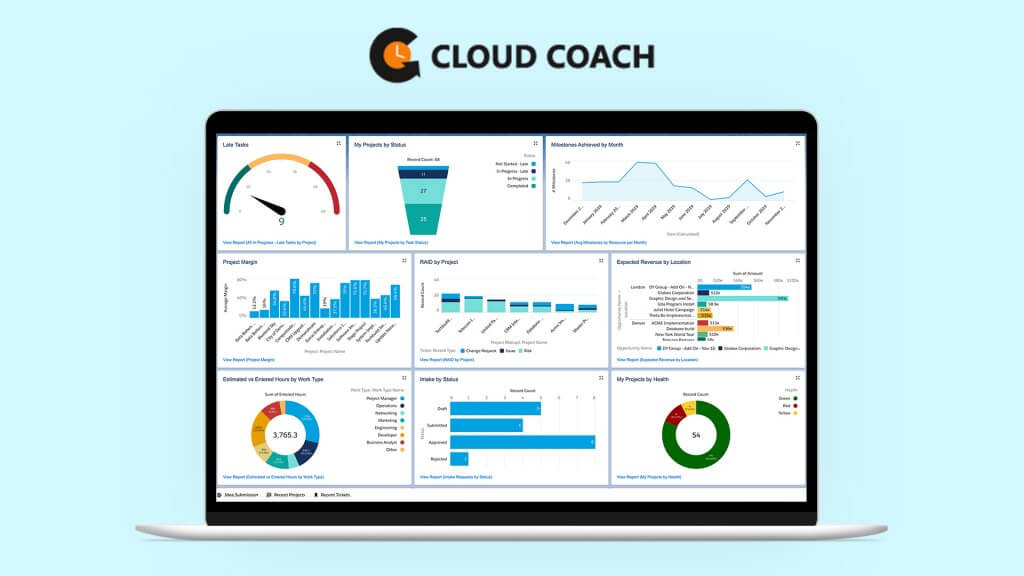
The radio frequency identification (RFID) technology has been in use for more than three decades now. It leverages the use of radio waves to identify and track objects. Even with the many years of its use, some businesses are yet to incorporate this amazing technology in their supply chain and management of internal processes.
Regardless of the kind of business you operate, RFID can be used to track and trace assets, products, human resources, and the flow of manufacturing processes. Over the years, this technology has seen tremendous improvement, attracting more adoption from many businesses. It’s believed that it offers more than 97% accuracy compared to other manual processes.
However, unlike other types of technology, it’s quite intensive to implement and manage. It requires expertise that might not be readily available with your in-house IT professionals. If you’re thinking of adopting RFID technology in your business, you can visit: https://lowrysolutions.com/solutions/rfid-implementation or your local RFID consultants for customized services.
In this article, you’ll learn 10 advantages that you’re bound to gain by implementing RFID technology in your business:
1. Managing Inventory and Tracking Assets
Keeping track of materials and assets is difficult for many businesses, whether its materials in the production queue, finished products waiting to be dispatched, tools, containers returning to the premises, technology equipment, or other valuable items. However, with an RFID system in place, you can have a reliable and fast means of tracking all your items without the need for physical counting.
In addition, an RFID system can show you the number of each particular item, their stage in the supply chain, and their location. You can also use RFID to locate lost items on the site. Simply put, you can keep track of your items from the time of receipt in the store, when issued for manufacturing, and when used in finished products. With this clear system in place, it becomes easy to manage inventory, control shrinkage, and carry out audits and stock checks.
2. Saves Time
Today’s RFID systems are highly advanced; thus, you can automatically track the flow of your items in the supply chain and relay that information to the enterprise resource planning (ERP) or into a financial management system. This eliminates the need for manual filling of information into forms and the need for outdated spreadsheets.
Fixed readers placed at strategic locations help in saving time and resolve the need for human intervention.
3. Improved Availability and Data Accuracy
The automation made possible by RFID technology helps collect and upload information electronically. With the electronic transfer of data, you can avoid errors such as duplication of data, transcription errors, and missed entries when dealing with large volumes of data. Moreover, RFID can be used with cloud technology, which enables real-time updates of data for everyone in the organization on the status and whereabouts of each item.
Cloud-based information can be accessed by all employees, even those not in the office such as the field employees. Due to the interoperability of cloud services with different devices, you can use any gadget of your choice regardless of the operating system to access your data from anywhere. It’s also easy to share the RFID data with customers using cloud technology.
4. Improved Safety and Health
Another benefit of RFID systems is that they can be used to check if your vehicles and other equipment have been inspected or to keep track of when they’re due for inspection. Keeping good records of the inspection of your business’s vehicles and equipment helps prevent their use before meeting certain safety measures. An excellent system can contribute to reporting and inspection, help surrender information to the governing bodies and insurance companies, and provide evidence that safety measures are adhered to. In case of breakdown of certain equipment, some safety insurers may want to know whether the equipment was maintained as recommended or not.
5. Better Production Control
With RFID, it’s possible to customize complex manufacturing processes because you can easily identify individual items and components. For instance, in manufacturing, you can keep track of your equipment to ensure that certain molds are filled with the correct amount of liquids and are heated for the recommended amount of time. In addition, RFID can be used to monitor the movement of components to ensure that they end up in the proper line of production. With this level of precision, you can significantly lower the chances of wastage and level up efficiency.
6. Boosts Quality
Another advantage of an RFID system is that it can be used to ensure that every item has fulfilled all the necessary checks and processes. For example, before a boiler is delivered to a client, with an RFID, you can ascertain that it has been assembled properly, inspected, and has been approved. With such stringent measures in place, you can ensure that only products that meet quality standards are dispatched from your organization. As a result, quality is maintained and the number of returned goods is reduced.
7. Improves Business Revenues
The efficiency of RFID technology to control production helps you save on production costs. This then leads to higher profit margins. Additionally, quality products can give you a competitive advantage, leading to improved sales due to good customer satisfaction. More sales translate to more revenues for your business.
8. Shortened Production Process
RFID systems can be integrated into other supply and manufacturing technologies such as stock-picking systems or the automated pallet handling system. This helps reduce the procedures you need to follow during production. Shortened production procedures can lead to more output. As a result, your business can benefit from improved sales when there is mass production.
9. Better Information Management
RFID technology is efficient in capturing real-time data in all the stages of a product lifecycle. This data can be used for better planning and operational purposes. Moreover, this data can be used for forecasting, which further helps maintain efficiency.
10. Good Returns On Investment (ROI)
The RFID application is cost-effective, especially if your company is incredibly busy or has to go through a lot of processes during production. Moreover, the RFID system provides several benefits, as listed in this article. Together, these qualities make it a worthy investment.
Wrapping Up
RFID technology is a game-changer in the supply chain of many organizations. Whether your organization is a business-to-business (B2B) or business-to-consumer enterprise, it can enjoy significant benefits by adopting an RFID system. If you’re thinking about whether to invest in an RFID system or not, this article can serve as your guide on the benefits of this technology.



















